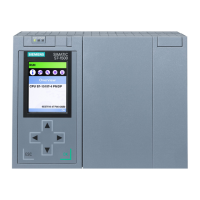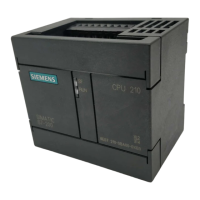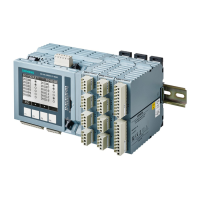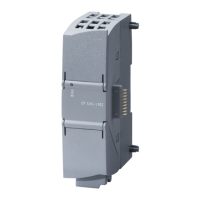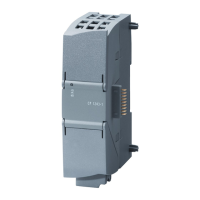5.1 Frequent Errors in the User Program
The system program can detect effects of errors in the user program,
faulty operation of the CPU, or errors in the system program
processing.
The following list describes errors that occur most frequently during
the start-up of the user program. You can avoid these errors by doing
the following when you write you STEP 5 program.
•• When specifying byte addresses for I/Os, make sure that the
corresponding modules are plugged into the central controller or
the expansion unit.
•• Make sure that you have provided correct parameters for all
operands.
•• Be careful when changing function blocks. Check to see that the
FBs/FXs are assigned the correct operands and that the actual
operands are specified.
•• Make sure that outputs, flags, timers, and counters are not
processed in several locations in the program with operations that
counteract each other.
•• Make sure that timers are scanned only once per cycle (e.g., A T1).
•• Make sure that all data blocks called in the program exist and are long
enough.
•• Check to see if all blocks called are actually in the memory.
•• If required by other blocks (e.g. standard function blocks),
scratchpad flags should be saved by interrupt-driven and
time-controlled programs and loaded again when these program
sections have been completed.
Frequent Errors in the User Program
CPU 948 Programming Guide
5 - 4 C79000-G8576-C848-04
